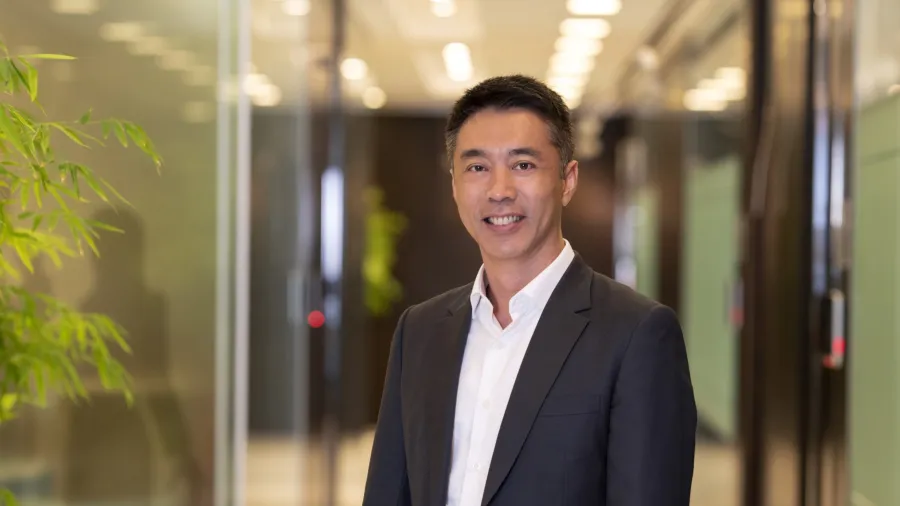
EY partner: Digitalisation, sustainability initiatives to continue ‘in the long run’
Nam Soon Liew said that financial institutions need to double down on cybersecurity and financial crime compliance amidst digitalisation.
Nam Soon Liew is currently the ASEAN Regional Managing Partner for EY and the managing partner for EY Singapore and Brunei. He is responsible for business performance and client services across assurance, consulting, tax, strategy, and transaction services in 14 geographic markets.
Prior to his current position, he has also worked with some of the largest financial services institutions across Asia for EY.
Liew has extensive consulting and industry experience in retail, corporate investment and private banking, asset management, insurance, private equity, and fintech. Such experience includes advising senior executives on business strategy, digital transformation, risk management and governance, regulatory compliance, merger and acquisitions, and managed services.
He is also experienced in helping businesses design and implementing target operating models, managing cross-border operations, as well as building ecosystems and alliances across different sectors.
“Driven by my passion for promoting economic empowerment, diversity and the power of digital technology, I work with clients to help them grow their business in a sustainable way and make a positive impact on their people and society. Within EY, I am focused on stewardship and constantly looking at how we can provide the best opportunities for our people to grow professionally,” Liew said about building a better working world.
As one of the judges for this year’s Asian Banking and Finance Awards, he has shown great appreciation for financial services institutions that have leveraged the innovative use of technology to drive best-in-class initiatives in value creation, digitalisation, operational improvement, and increasing sustainability.
In these fast-paced times, what do you think are the skills and values that will be relevant to future bankers and finance professionals? What can they do to ensure their success in the industry?
Banking and finance professionals need to first and foremost have a strong customer focus and be able to understand customer needs and deliver that superior customer experience. Second, they need to be agile and adaptable to keep up with rapid changes in the industry and regulations. Finally, they need to be able to work with different people of various domains and disciplines both within their own organisations and with wider ecosystem partners. In Singapore, government and financial institutions are very much focused on creating employment growth across key business segments such as banking, wealth and asset management, and insurance. There is also a strong focus on re-skilling and training to allow employees to take advantage of new job opportunities in compliance and risk management, data analytics, and cyber security.
What do this year’s nominees tell you about what the banking and finance industry deems important today?
Delighted to see the many financial services institutions leveraging the innovative use of technology to drive best-in-class initiatives in value creation, digitalisation, operational improvement and increasing sustainability. What is also clear is the importance of digitalisation, talent management and sustainability – topics which are front and centre for Board and CXOs.
What are some of the trends that you see likely to emerge post-pandemic? Do you see them continuing in the long run?
We will see digitalisation continue to accelerate. Traditional banks continue to innovate and new entrant digital banks will lift the digitalisation of the entire industry as a whole and benefit consumers. The focus on sustainability will also continue in the long run and bring about new initiatives in green financing and investments and the associated needs of reporting, assurance and risk management.
Digitalisation is slowly becoming an integral part of the operations amongst banks and financial institutions. What do you think are the steps these organisations need to take to ensure security for customers?
With accelerating digitalisation and embedded finance, Financial Institutions need to double down on cybersecurity and financial crime compliance. There has to be a strong focus on both areas so that losses can be minimised, accounts can be protected from fraud. Technology like biometric authentication and Artificial Intelligence (AI) will see greater adoption.
What projects are your clients currently working on as companies continue to recover from the COVID-19 pandemic?
We are working with our EY clients across a whole spectrum of projects from business strategy, to transactions, to business transformation. As mentioned, all are very much aligned to the focus on digitalisation, talent management and sustainability.



















 Advertise
Advertise












